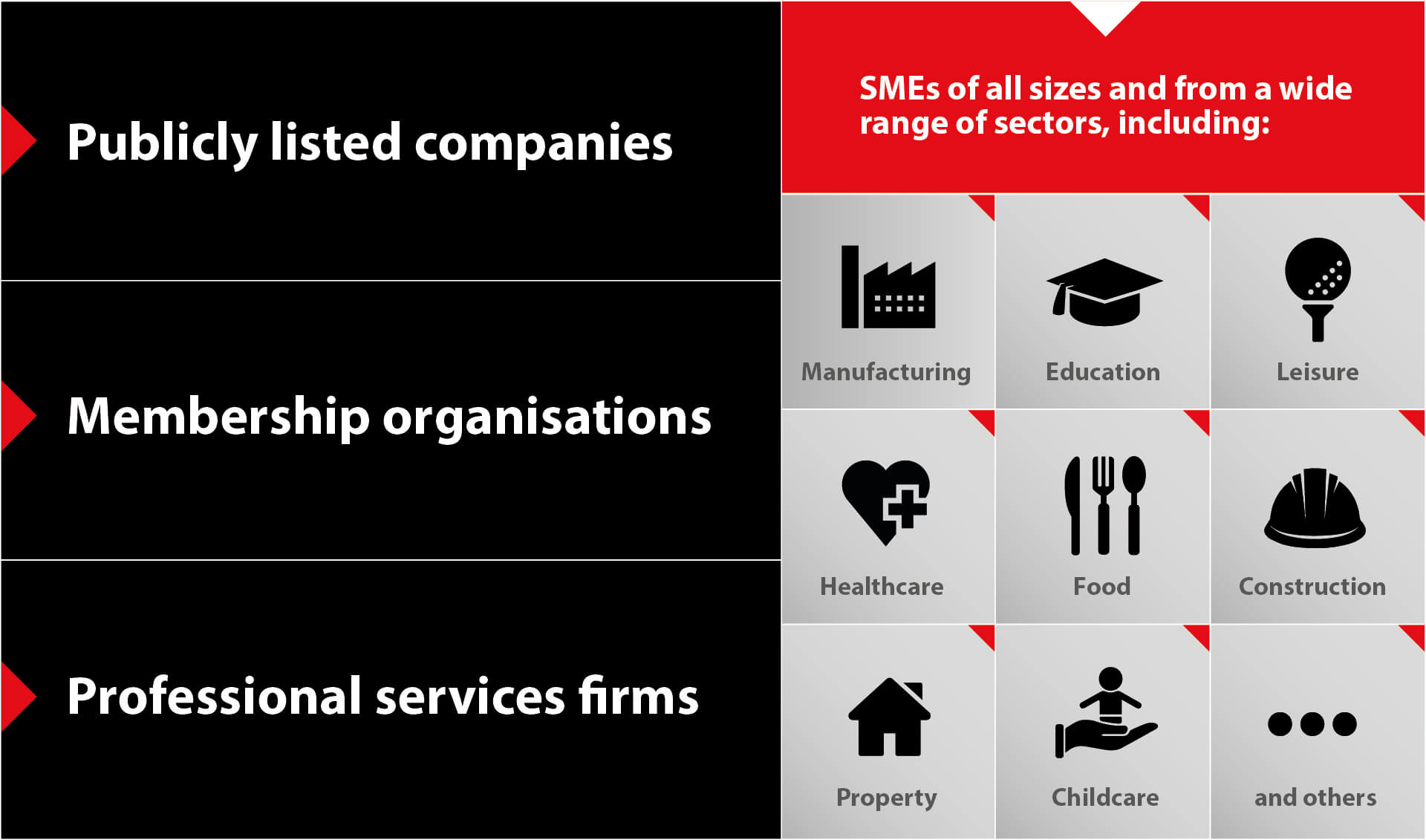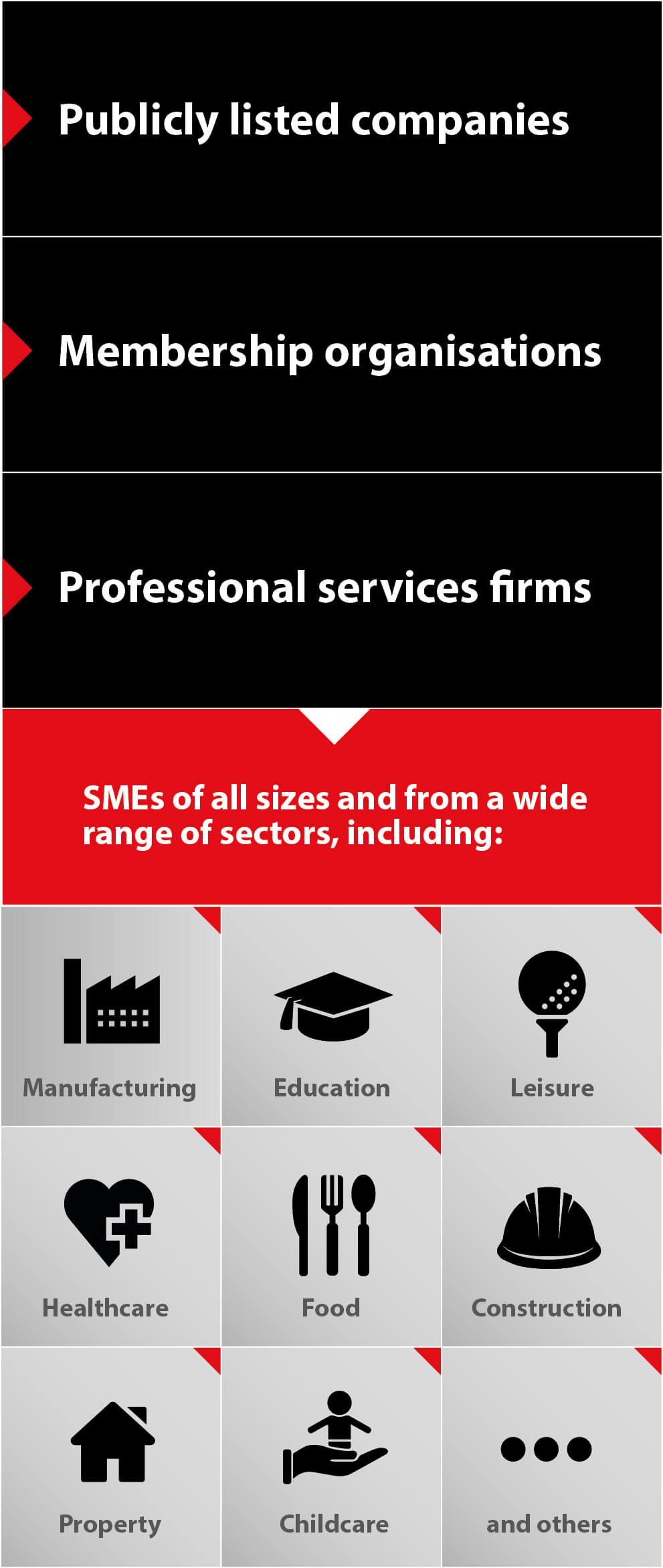No matter how well managed your business, things will go wrong. Whether an ‘act of god’ or human error. It could be a factory fire, a product recall, an H&S issue, a severe lapse in customer care or any number of other situations.
The days of turning a blind eye and hoping the problem goes away are long gone. Sadly, your staff, customers, competitors, the media and the general public tend to relish a crisis. All too often, they will fan the flames of someone else’s misfortune.
We can help protect your hard-earned reputation by managing your communications – internally and externally – during a crisis. What we do can make the difference between your business surviving and flourishing or floundering and failing.


A crisis occurs when something unexpected or unplanned happens that has the potential to damage the reputation of your business. Scenarios will differ depending on your sector.
If you run a large company, it might be an investigation into your working practices. If you are a restaurateur, it could be an outbreak of food poisoning. If you are a headteacher, it might be inappropriate behaviour by a member of your staff. If you are a property developer, it might be a local community campaign objecting to your plans.

In any of the above situations, you will need to communicate with many different people – thoughtfully, efficiently, appropriately and fast.
Failure to do so could jeopardise the reputation of your business.
For many reasons.
Poor communication or refusing to comment at all during a crisis can reflect poorly on the management of your business, making you look ill-prepared. It can lead people to question the robustness and reliability of your business.
This approach can also portray you as having something to hide or simply not caring about the impact on those affected.
Any type of business – or business executive - could face a crisis.
Apart from the emotional impact on you, a crisis will cause a degree of business disruption and interruption.
There are lots of things you should do. Here are a few key steps:
Often the temptation is to respond emotionally. Be aware, knee-jerk responses can inflame a situation. It might be better for you to appoint crisis communications experts like Reputation Matters to handle things in a calm, efficient and dispassionate way.
Depending on the crisis, you may need practical help from your IT providers or web developers. Managing the potential damage to your reputation will require communications expertise.
If you have an internal communications team or PR agency, they might be able to handle the required communications. However, bear in mind, crisis management is a specialist skill so you might prefer to call in experts like Reputation Matters.
Our support will be tailored to your specific crisis and could see us drafting and issuing any or all of the following: letters, emails, website and social media messages, internal news bulletins, press statements and any other appropriate communications to help ensure you appear in control of the situation.
A crisis requires fast, efficient and decisive communication to reassure those affected and help protect the reputation of you and your business.
We have many years’ experience helping companies of all sizes communicate effectively and efficiently in such situations. With our support, you’ll be free to carry on running your business, knowing all communication bases are covered.
Remember, effective crisis management can define or destroy your business. Having the relevant help at hand can save you precious time, resources and reputation.

